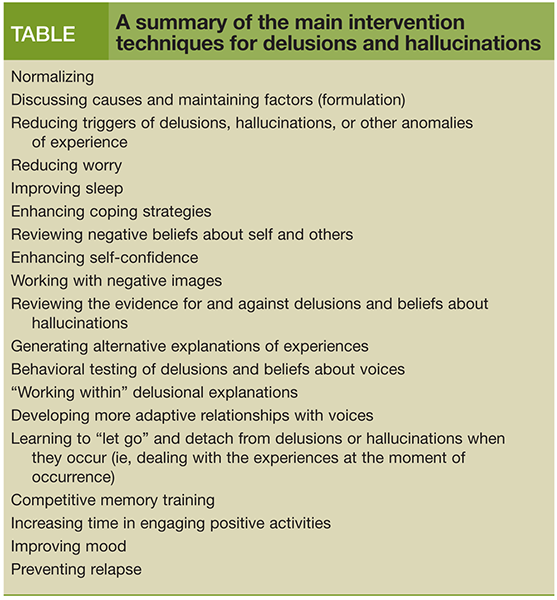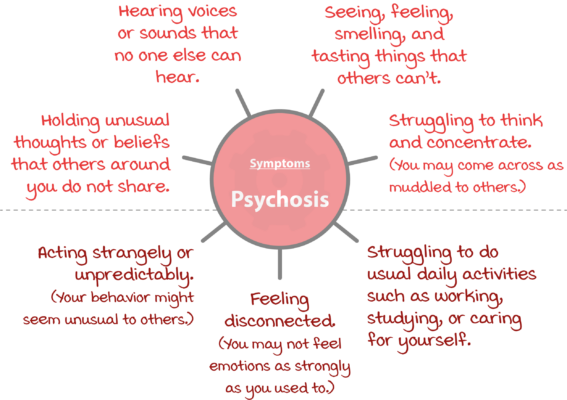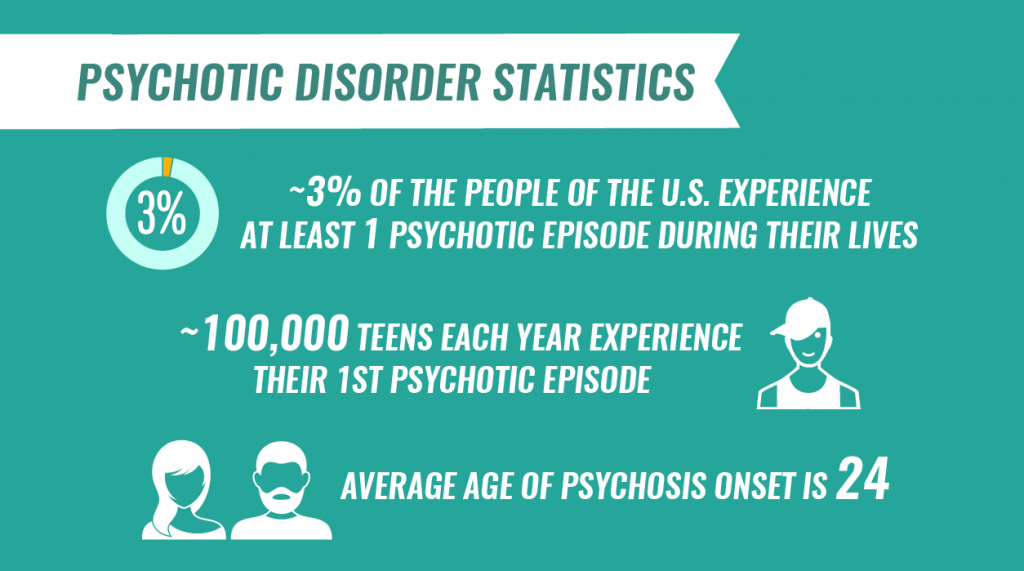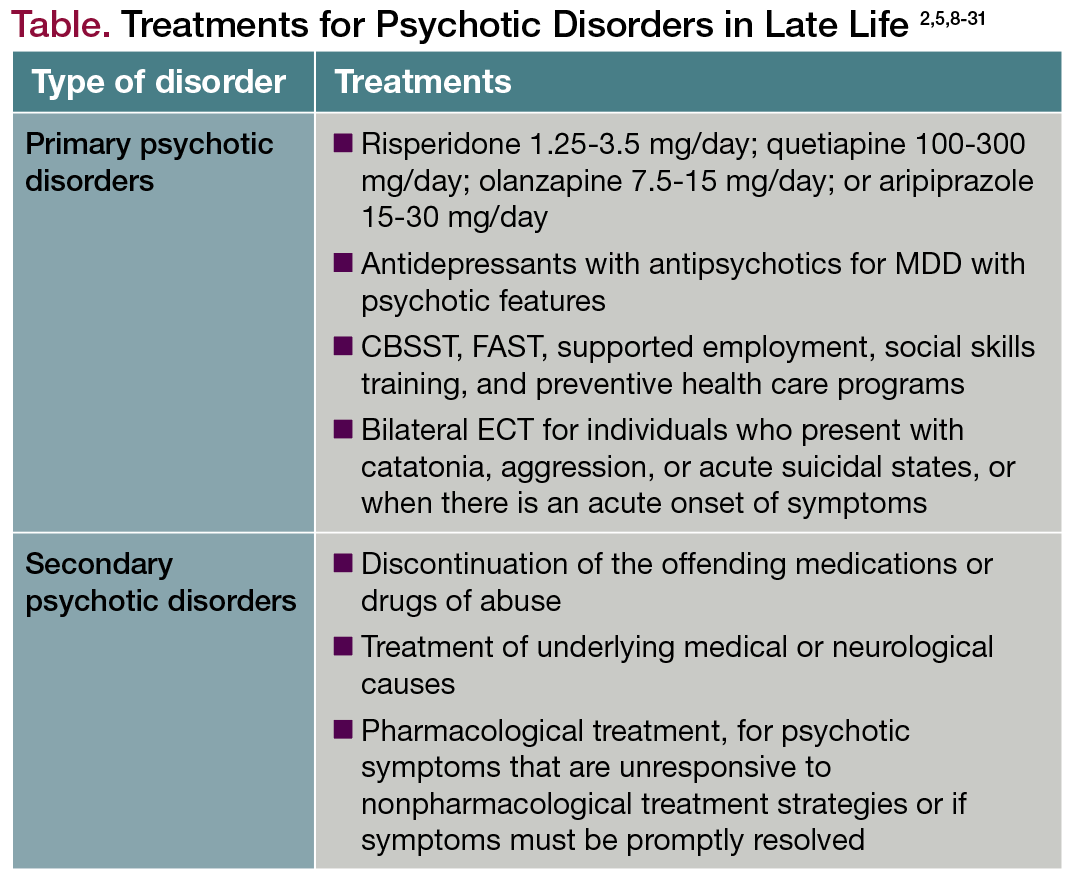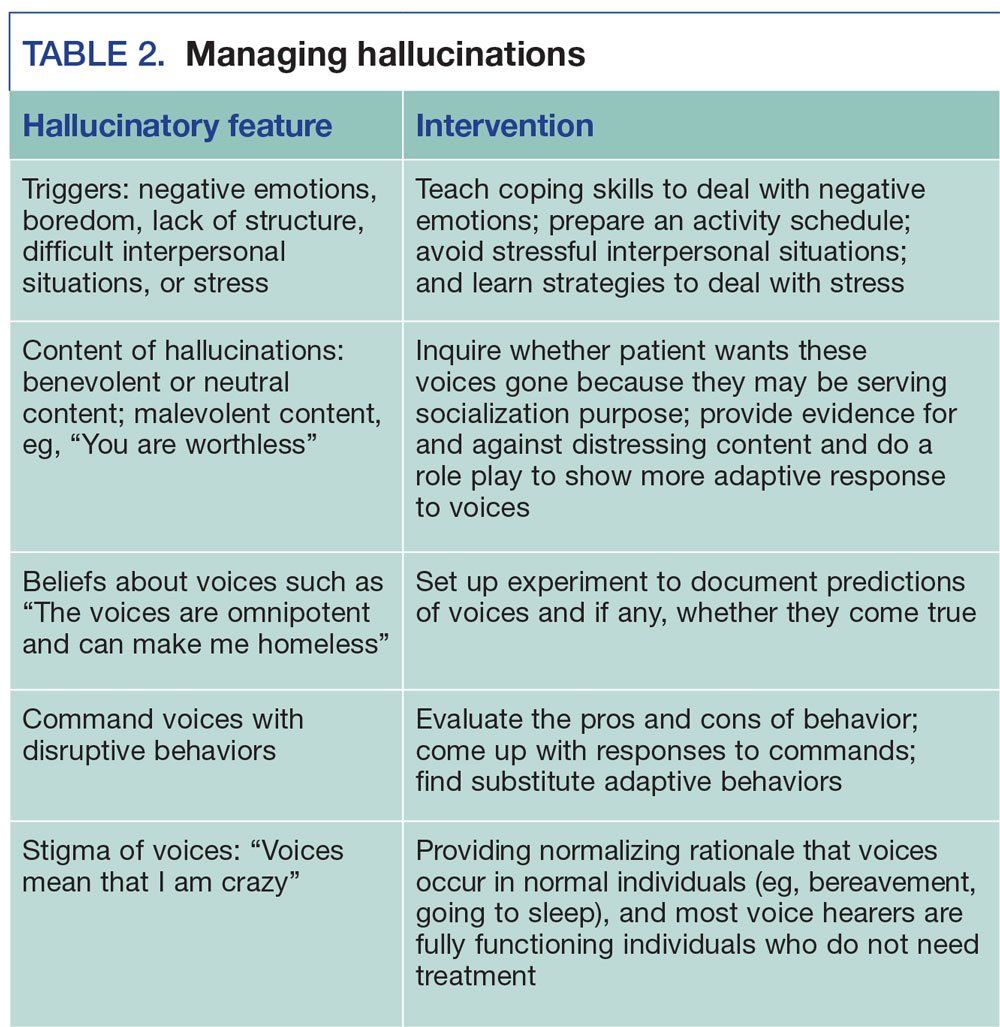Ace Info About How To Deal With Psychosis
/coping-with-schizophrenia-2953094-f1a9aede88e846879bd37232778ee6ac.png)
Allow yourself to feel empathy for what that person must be going.
How to deal with psychosis. Treatment for psychosis is provided by health professionals and involves a number of different approaches, including medication. This toolkit is not meant to be a substitute for the. People aimed at improvement by decreasing their.
These suggestions could help you cope with psychosis. Adjusting drug use may not seem like a way to make that reality change. The good news is that.
The confusion of their psychosis can transfer to their relationships and the family system dynamics too. You may choose to try them on their own or alongside treatment. Help them learn how to deal with the stress of being out among society by suggesting that they accompany you to a washroom if they begin to feel panicky in a public.
Try peer support add recognise your triggers add. The initial symptoms of psychosis include: The best approach when caring for someone with psychosis is an.
A trick of the mind. Speaking slowly to them, especially if they are in the middle of a psychotic episode. Psychosis • discuss alternate ways to •cope with stressors •be social or be with friends (may need to learn new things) avoid • criticizing any use of substances • letting family or friends.
It’s important that you have somebody who can support you in the learning process. When supporting someone experiencing psychosis you should: Manage symptoms of psychosis 2.
About 3 in 100 people will experience psychosis at some point in their lives, according to the national alliance on mental illness, and when they do, they’re at a. Upwards of half of people taking antipsychotic medications continue to have some symptoms of psychosis. People who experience psychosis regularly are often advised to speak with a trusted friend or family member.
Many people believe that psychosis is a sudden, severe break with reality.

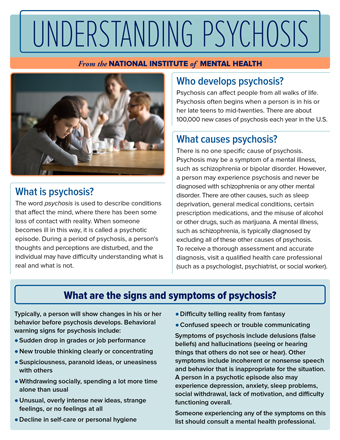
/psychosis-vs-schizophrenia-5095195_final-42cb304e269948519136e8f0f4cdc0da.jpg)
